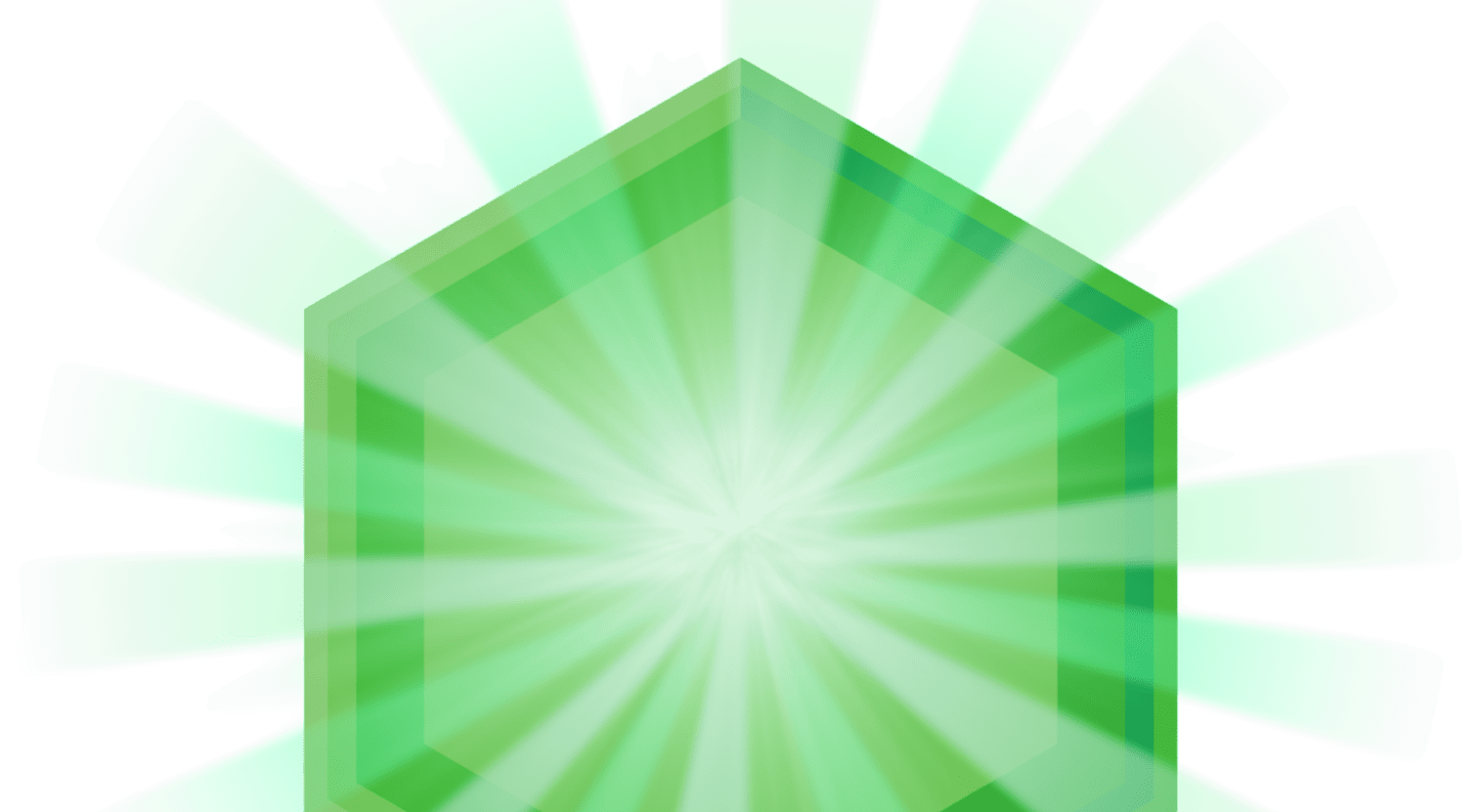.jpg?auto=format)
THE BEST QUESTIONS TO ASK YOUR DOCTOR ABOUT YOUR ALLERGIES.
The best thing to do for treating allergies -- or figuring out if you have allergies -- is to see a doctor. Allergists give diagnoses that can alleviate symptoms you’ve been experiencing year after year. But to get the best answers from an allergist, you need to know the right questions to ask.
Dr. Paul Ehrlich, a clinical professor of pediatrics at New York University and board certified allergist, told weather.com four of the best questions his patients can ask him. If you’re curious about your potential allergies, here’s a great place to start.
WHAT DO MY SYMPTOMS MEAN?
Though this question can seem glaringly obviously, it’s integral to state the symptoms you’re suffering from to accurately be diagnosed.
“Are they nasal symptoms?” Dr. Ehrlich said. “Do you sneeze? Do you have congestion? If you have a fever, it’s less likely to be an allergy and more likely an infection. Same goes with a watery, runny nose versus thick, nasal congestion. The latter being more of an infection.”
One great over-the-counter solution for nasal congestion and other symptoms is Flonase® Allergy Relief nasal spray, which provides 24-hour relief from several of the most common allergy symptoms.
HOW LONG DO ALLERGIES USUALLY LAST?
The length of your symptoms can help a doctor determine if you have allergies. Symptoms that last for longer than a few days usually mean you do.
“A cold [can last] three to five days,” Dr. Ehrlich said. “If symptoms are lasting for weeks, particularly in fall -- ragweed season -- it’s less likely to be an infection and more likely to be allergies.”
WHY ARE MY EYES ITCHING AND WATERING?
Itchy, watery eyes can be very indicative of the allergy you have. Usually, if both eyes are itchy and red, you have an allergy.
“If it's allergic conjunctivitis, the likelihood is that both eyes will be itching and [will] be very red, but without any pus in them,” Dr. Ehrlich said. “If your eyes are stuck together, it's pus which suggests an infection rather than watery, runny eyes.”
WHY DO I FEEL BETTER AFTER IT RAINS?
Finally, this one is especially pertinent in fall. If you feel alleviated after rain, you’re probably allergic to pollen.
“If there's pollen in the air, a big rain will keep the air clear,” Dr. Ehrlich said. “People love it when it rains. They feel much better when pollen is swept away. The bad news is if it's something that grows better in the rain and you feel worse after, you may be allergic to something in the air that is not pollen. Like mold.”
Dr. Ehrlich added that if you feel worse when walking through a wooded area during fall, you’re more likely allergic to mold. “There’s lot of mold that grows underneath the leaves,” he said. “So if you’re worse when walking through [the woods], you're probably allergic to mold.”



